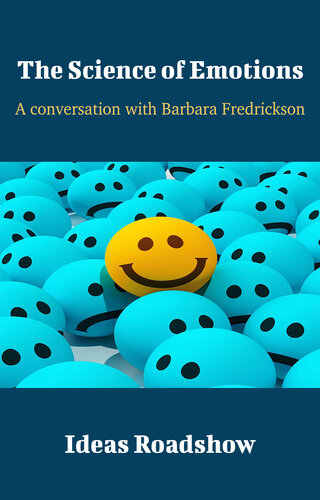

Most ebook files are in PDF format, so you can easily read them using various software such as Foxit Reader or directly on the Google Chrome browser.
Some ebook files are released by publishers in other formats such as .awz, .mobi, .epub, .fb2, etc. You may need to install specific software to read these formats on mobile/PC, such as Calibre.
Please read the tutorial at this link: https://ebookbell.com/faq
We offer FREE conversion to the popular formats you request; however, this may take some time. Therefore, right after payment, please email us, and we will try to provide the service as quickly as possible.
For some exceptional file formats or broken links (if any), please refrain from opening any disputes. Instead, email us first, and we will try to assist within a maximum of 6 hours.
EbookBell Team

4.8
24 reviewsWhy do we smile, laugh and actively seek out personal connections with the people around us? Why does it feel good and what evolutionary purposes do our so-called "positive emotions" serve? This book is based on an in-depth conversation between Howard Burton and Barbara Fredrickson, Director Positive Emotions & Psychology Laboratory at UNC Chapel Hill. Topics covered by this extensive conversation include Barbara's work on the science of positive emotions, including her broaden-and-build theory, the undoing effect and upward spirals, while highlighting relevant evolutionary-driven hypotheses together with measurement details of empirical studies.
This carefully-edited book includes an introduction, Only Connect, and questions for discussion at the end of each chapter:
About Ideas Roadshow Conversations Series (100 books):
Presented in an accessible, conversational format, Ideas Roadshow books not only explore frontline academic research featuring world-leading researchers, including 3 Nobel Laureates, but also reveal the inspirations and personal journeys behind the research. Howard Burton holds a PhD in physics and an MA in philosophy, and was the Founding Director of Canada's Perimeter Institute for Theoretical Physics.